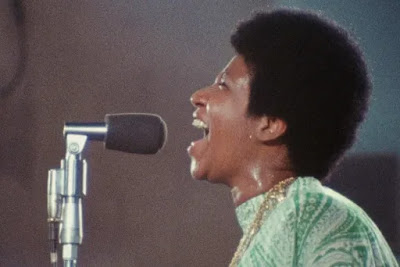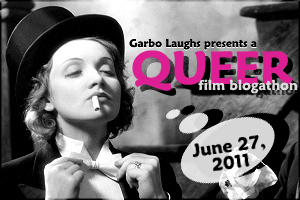My friend, Willow Catelyn, has written an excellent essay about Detour in her ongoing posts about the Criterion Channel's movies of the week. You should all read that.
Meanwhile, I wrote about Detour a lonnnnggggg time ago in what seems like another lifetime. I looked at that brief review this morning and it holds up nicely. This is it:
Detour, 1948. Directed by Edgar G. Ulmer. Tom Neal, Ann Savage, Edmund MacDonald, Claudia Drake.
At first glance, this poverty row quickie seems like any other Z-grade thriller that studios like PRC and Republic cranked out during the thirties and forties. It is certainly cheap, made for $10,000 with only six interior sets and a cast so small that it seems to take place in some hermetically sealed pocket universe. But there is a weird alchemy at work in this movie the likes of which occurs very rarely (other films in which this alchemy occurs include White Zombie and Night of the Living Dead). There is a spark of otherness that transcends its cheapness and turns that very cheapness into an asset. That hermetically sealed universe is a microcosm where doom stalks every character. It is a disjointed movie, filled with non-sequiturs and broadly pitched performances that take the movie out of the realm of the here and now and into the land dreams and hallucinations. The film follows good-natured loser Tom Neal cross-country to meet his fiance. Along the way, he gets detoured by the death of the man who gives him a ride. Panicking, he hides the body and continues on, only to meet fatal femme Ann Savage, who knows all about it. She blackmails him and seals his doom as well as her own. The movie is straightforward enough in telling us all this, but it is riddled with those non-sequiturs I mentioned, those strangely out of place coincidences. After careful examination of the film, one begins to suspect that the narrator is lying to us and those strange lapses in the flow of events are covering things up. Even on first viewing, the hints of things behind the curtain of the reality presented to us carry a hell of a punch, which is why Detour remains in the mind longer than any movie that cheap and that calculated as exploitation has any right to. This has a curious side effect: Detour may well be the only film in history that improves in inverse proportion to the quality of the print. The more battered and grainy the film, the better the movie. This functions as an amplification of the squallor on the screen and further removes the film from the shackles of verisimilitude.
By the time Detour came out, the great cycle of horror movies of the thirties had run its course. After the war, film noir took its place, feeding on a disillusionment and an anomie that is quite different from the desperation of the depression. The war showed that there were far worse things than "hard times" and the American consciousness was never the same. As a result, films like Detour presented far more virulent nightmares than the fur and fang epics of the heyday of the Universal monsters. And like all of the best film noir and hard-boiled fiction, Detour maneuvers itself into a state of existential nothingness worthy of the Tibetan Book of the Dead. Detour is film noir's blackest Bete Noir.

This blog is supported on Patreon by wonderful subscribers. If you like what I do, please consider pledging your own support. It means the world to me.















